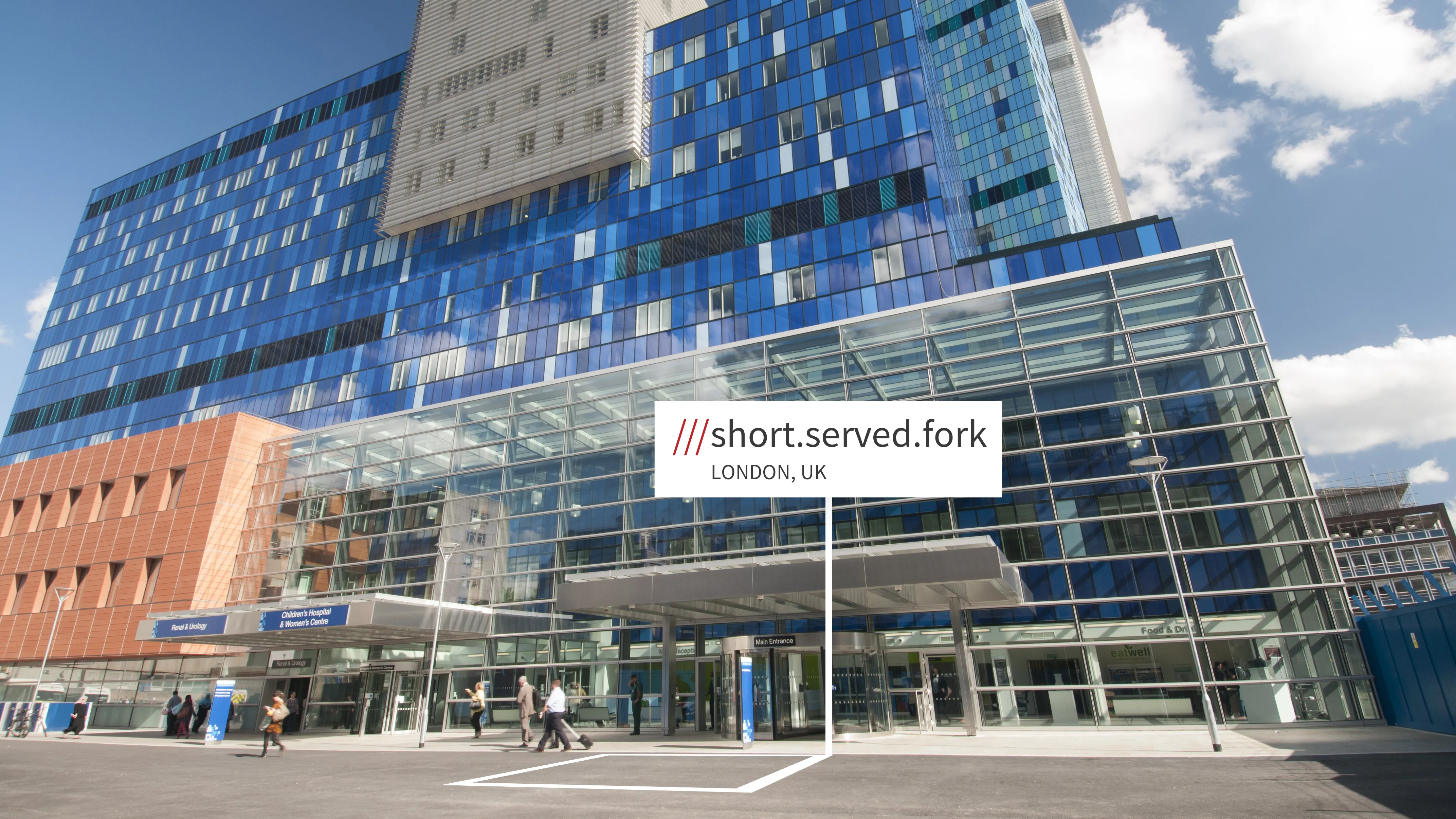The UK's first open access Bio-LNG filling station, built by Gasrec , has been launched, marking the start of a nationwide investment in infrastructure seeking the ultimate prize of wiping out nearly two-thirds of the nation's heavy goods vehicle (HGV) emissions. Gasrec's ground-breaking new facility in Daventry is the first of its kind. It will lead to significant cuts in pollution and fuel costs; allow gas-powered or dual-fuel trucks to use Bio-LNG; and will operate in a similar way to a traditional petr
May 24, 2013
Read time: 3 mins
The UK's first open access Bio-LNG filling station, built by 7347 Gasrec, has been launched, marking the start of a nationwide investment in infrastructure seeking the ultimate prize of wiping out nearly two-thirds of the nation's heavy goods vehicle (HGV) emissions.
Gasrec's ground-breaking new facility in Daventry is the first of its kind. It will lead to significant cuts in pollution and fuel costs; allow gas-powered or dual-fuel trucks to use Bio-LNG; and will operate in a similar way to a traditional petrol station.
Bio-LNG is Gasrec's proprietary blend of liquefied natural gas (LNG) and liquid biomethane (LBM) - a natural, green source of renewable energy produced from organic matter such as household food waste. Gasrec is Europe's largest producer of this fuel.
Compared with pure diesel equivalents, Bio-LNG can cut fuel costs by 20-30 percent and CO2 by a minimum of 20 percent, while delivering a 90 percent reduction in NOx and particulate matter emissions. Running the UK's HGV fleets on Bio-LNG could cut haulage emissions by up to 65 percent, according to a report by consultants Ricardo-AEA.
Opening the facility, transport Minister Norman Baker said: "The innovation shown by Gasrec and its partners in projects like this can help the UK meet its ambitious carbon reduction targets while creating green jobs to build the economy.
"This announcement represents a significant step towards achieving carbon and air quality benefits and I am very pleased that demonstration fleets from the Government's Low Carbon Truck Demonstration Trial will be refuelling from this site."
Gasrec commercial development manager, Doug Leaf said: "The launch today is a very proud moment for everybody at Gasrec. It clearly shows how our technology, innovation and ambition are leading the way to shrink pollution and costs for the UK's HGV haulage fleet.”
Daventry is the first site in Gasrec’s national Bio-LNG refuelling network planned to be up and running by the end of 2015, helping the UK meet its 80 percent greenhouse gas reduction target by 2050.
The planned network will be conveniently located near motorway junctions so that 85 percent of the UK's HGV population will have at least one location within four hours' drive. The entire system will be monitored from a control centre in Daventry and is set to keep expanding.
Storing enough fuel to fill 700 HGVs a day, each of the manned stations will be equipped with five refuelling lanes and ten dispensers using 'fast-fill' technology accessed by drivers carrying smart key controls.
Gasrec's ground-breaking new facility in Daventry is the first of its kind. It will lead to significant cuts in pollution and fuel costs; allow gas-powered or dual-fuel trucks to use Bio-LNG; and will operate in a similar way to a traditional petrol station.
Bio-LNG is Gasrec's proprietary blend of liquefied natural gas (LNG) and liquid biomethane (LBM) - a natural, green source of renewable energy produced from organic matter such as household food waste. Gasrec is Europe's largest producer of this fuel.
Compared with pure diesel equivalents, Bio-LNG can cut fuel costs by 20-30 percent and CO2 by a minimum of 20 percent, while delivering a 90 percent reduction in NOx and particulate matter emissions. Running the UK's HGV fleets on Bio-LNG could cut haulage emissions by up to 65 percent, according to a report by consultants Ricardo-AEA.
Opening the facility, transport Minister Norman Baker said: "The innovation shown by Gasrec and its partners in projects like this can help the UK meet its ambitious carbon reduction targets while creating green jobs to build the economy.
"This announcement represents a significant step towards achieving carbon and air quality benefits and I am very pleased that demonstration fleets from the Government's Low Carbon Truck Demonstration Trial will be refuelling from this site."
Gasrec commercial development manager, Doug Leaf said: "The launch today is a very proud moment for everybody at Gasrec. It clearly shows how our technology, innovation and ambition are leading the way to shrink pollution and costs for the UK's HGV haulage fleet.”
Daventry is the first site in Gasrec’s national Bio-LNG refuelling network planned to be up and running by the end of 2015, helping the UK meet its 80 percent greenhouse gas reduction target by 2050.
The planned network will be conveniently located near motorway junctions so that 85 percent of the UK's HGV population will have at least one location within four hours' drive. The entire system will be monitored from a control centre in Daventry and is set to keep expanding.
Storing enough fuel to fill 700 HGVs a day, each of the manned stations will be equipped with five refuelling lanes and ten dispensers using 'fast-fill' technology accessed by drivers carrying smart key controls.








